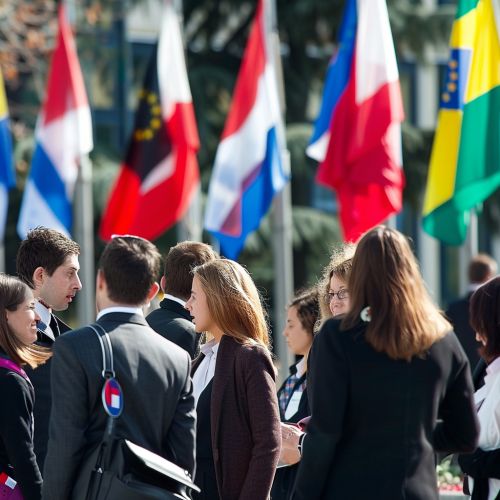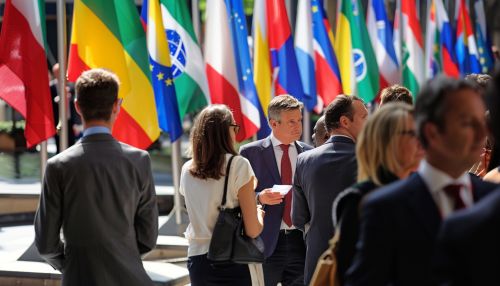Translation in Political Communication
Introduction
Political communication is a subfield of communication and political science that deals with how information spreads and influences politics and policy makers, the news media and citizens. In the context of political communication, translation plays a crucial role in conveying the intended message across different languages and cultures. This article delves into the intricate relationship between translation and political communication, exploring the nuances of this dynamic and its implications on a global scale.


The Role of Translation in Political Communication
Translation in political communication is not merely a linguistic exercise but a complex process that involves the transfer of political ideologies, cultural nuances, and socio-political contexts from one language to another. It is a tool that enables political discourse to transcend geographical and linguistic barriers, facilitating international dialogue and cooperation.
The role of translation in political communication is multifaceted. It involves the translation of political texts, speeches, and debates, as well as the interpretation of political events and ideologies. The translator, in this context, is not just a linguistic mediator but also a cultural broker, facilitating the exchange of political ideas and ideologies across different cultures and societies.
Challenges in Translating Political Communication
Translating political communication presents a myriad of challenges. These challenges stem from the inherent complexities of political discourse, which is often laden with cultural references, idioms, metaphors, and other linguistic elements that may not have direct equivalents in the target language.
One of the primary challenges in translating political communication is the need to maintain the balance between accuracy and cultural sensitivity. Translators must ensure that the translated text accurately conveys the original message while also being culturally appropriate and sensitive to the target audience.
Another challenge lies in the translation of political jargon and terminology. Political discourse often involves the use of specialized terms and jargon that may not have direct equivalents in the target language. Translators must therefore have a deep understanding of both the source and target languages, as well as the political contexts in which they are used.
Impact of Translation on Political Communication
The impact of translation on political communication is profound. It has the potential to shape public opinion, influence policy decisions, and even alter the course of political events. By enabling the exchange of political ideas and ideologies across different languages and cultures, translation plays a crucial role in shaping the global political landscape.
One of the key ways in which translation impacts political communication is through the dissemination of political news and information. By translating political news and information into different languages, translators enable a wider audience to access and engage with these materials, thereby influencing public opinion and political discourse.
Translation also plays a crucial role in international diplomacy. By facilitating the exchange of political ideas and ideologies, translation enables diplomatic negotiations and discussions to take place, thereby influencing international relations and policy decisions.
Conclusion
Translation in political communication is a complex and multifaceted process that involves more than just the linguistic transfer of texts. It is a tool that enables the exchange of political ideas and ideologies across different languages and cultures, shaping the global political landscape in the process. Despite the numerous challenges involved, the role of translation in political communication is indispensable in today's increasingly globalized world.
